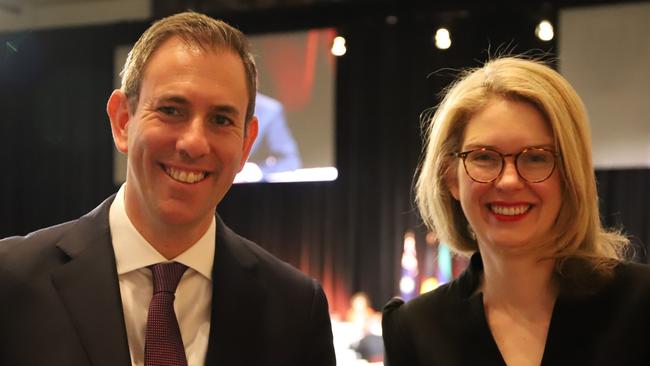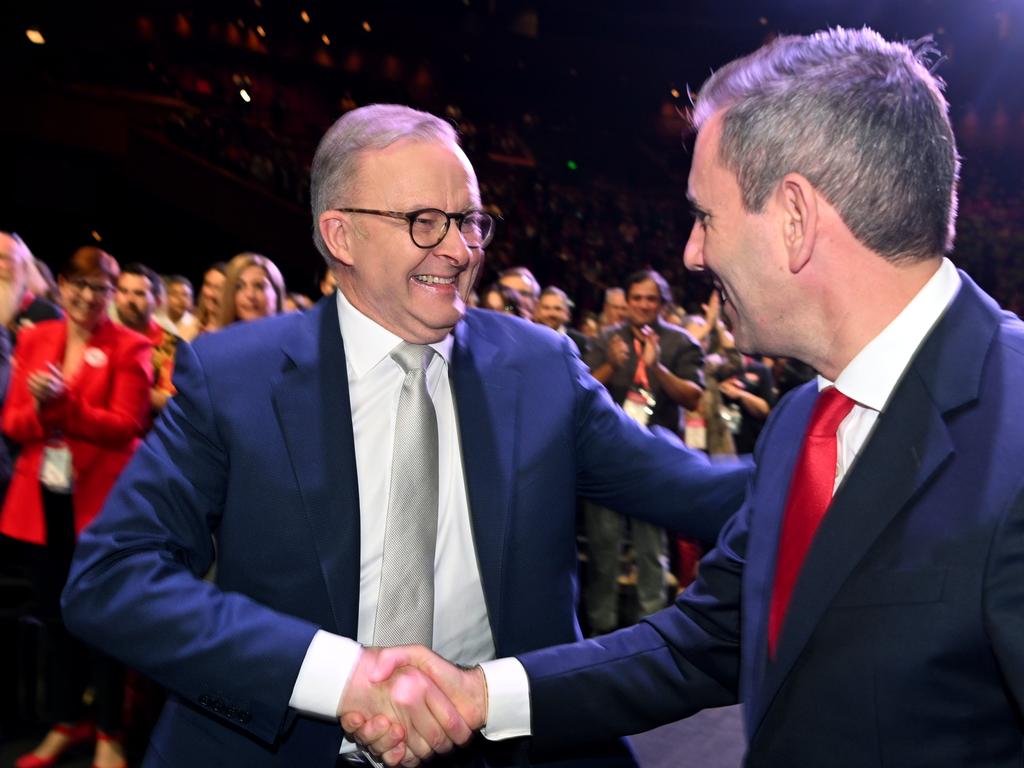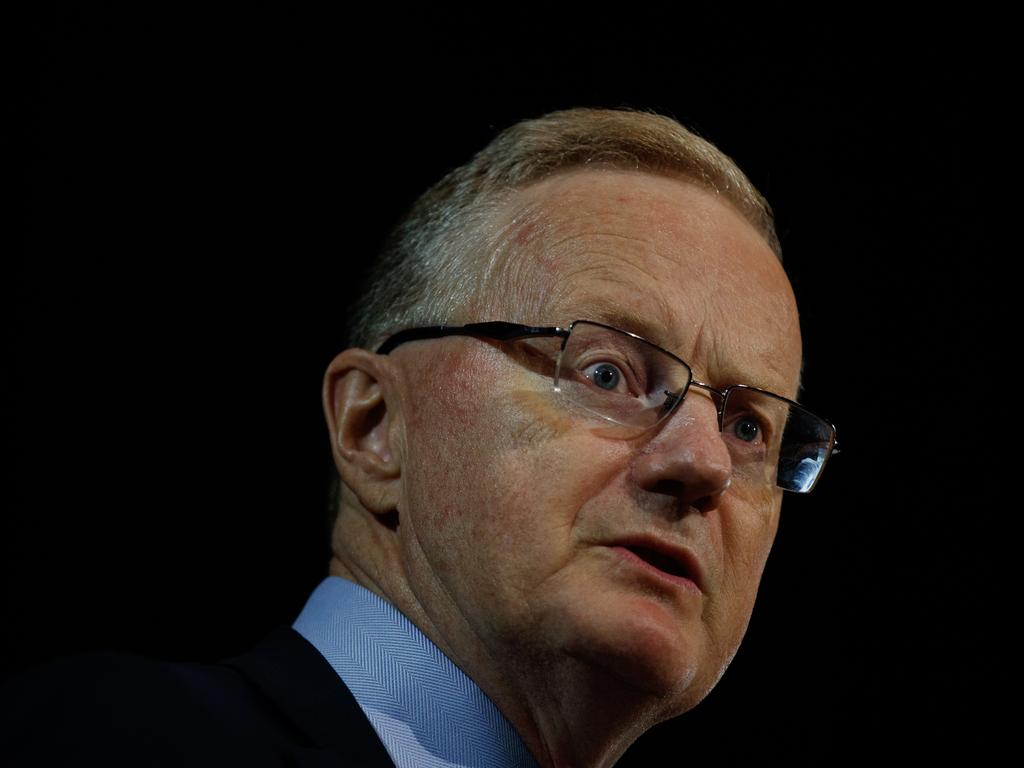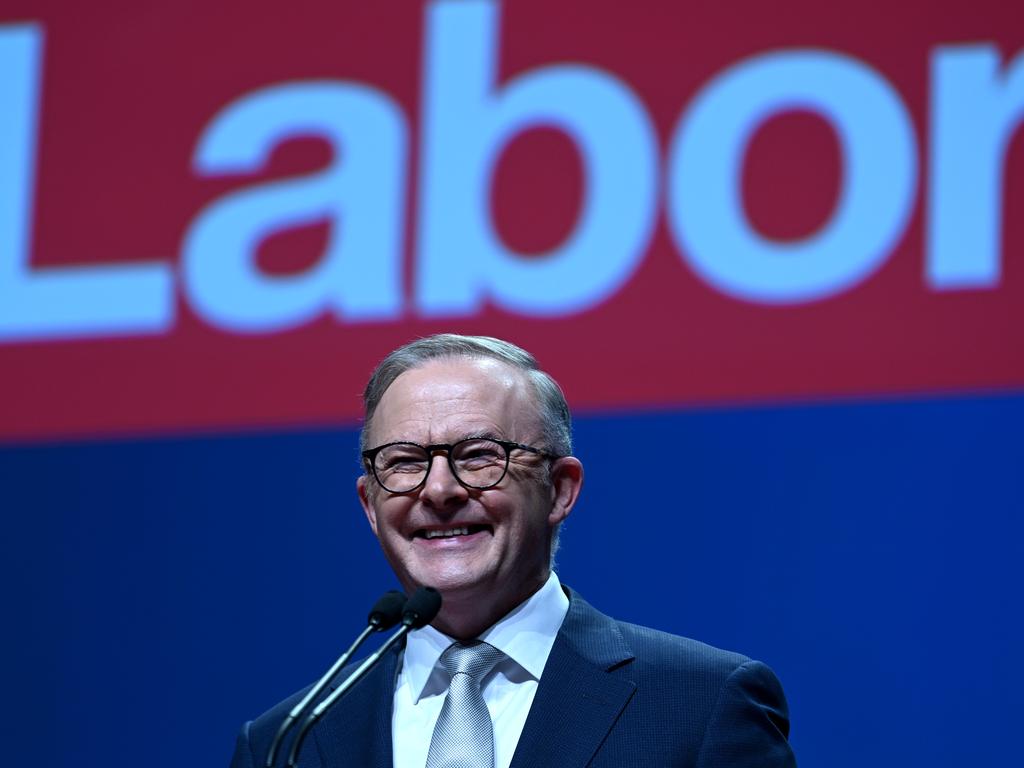Jim Chalmers gives incoming productivity chief new riding instructions
Labor has set the Productivity Commission on a new course to implement its interventionist policy agenda

As part of the Albanese government’s rebuilding of the public service, on Friday Jim Chalmers will issue the first statement of expectations for the Productivity Commission in its 25-year history, returning it to the heart of policy advice in the capital.
Ahead of new PC chair Danielle Wood taking up her role on Monday, the Treasurer said the independent body must sharpen its focus on the major forces impacting Australia, including the clean-energy transition and population ageing, and draw on a broader range of views, including those of unions, First Nations communities and investors.
Dr Chalmers said the PC, long seen as the bulwark for free-market economics in Canberra, would diversify its skills base, data capability and analytical frameworks, as well as improve the way it communicated its findings.
In the makeover, the government envisages an agile and responsive body, more akin to a community-engaged consulting firm than a staid bureaucracy, with codified oversight of its research agenda and appointments by Treasury secretary Steven Kennedy and Treasury ministers
The Treasurer has been a harsh critic of the PC’s approach, which has often delivered blockbuster multi-volume reports, with its “Washington consensus” leanings, sceptical eye on the new vogue in industry policy, push for economy-wide carbon pricing and less-regulated workplaces
Dr Chalmers said as well as providing economic rigour and building a data-driven evidence base for reform, the PC would now have a more direct role in policy implementation. In its first budget in October last year, the Albanese government cut $3.6bn from external labour, government advertising, travel and legal expenses over four years.
During a Senate estimates session last month, Finance Department officials said spending on all federal contracts had fallen by $6bn last financial year, with$1.4bn of work going to the big four consulting firms – KPMG, Deloitte, EY and PwC – a fall of $200m on the previous year, the Senate was told.
Although it is the PC’s first statement of expectations, with a corresponding statement of intent from Ms Wood due soon, the document is a standard feature across government, including Treasury-linked agencies.
Ms Wood said the statement “outlines a vision to ensure the PC is relevant and impactful for years to come” and that the government had “reaffirmed the centrality of the PC as its pre-eminent independent research and advisory body”.
“I look forward to leading the renewal of this crucial institution,” she said.
Dr Chalmers said the new statement “outlines reform directions to modernise the PC and help it deliver on its mission of raising Australia’s productivity performance and prosperity in a rapidly evolving economic environment”.
“We want the independent PC to be as strong and effective as possible so that it can provide more influential, constructive and timely advice,” he said.
During the past decade, productivity growth slumped to its slowest growth rate in 60 years.
The statement said the government expects the PC to more actively engage with the government, including the Treasury and other departments and agencies, for the purpose of better disseminating its research and ideas and ensuring its is exposed to a more diverse range of perspectives.
“As part of its external engagement, the PC should have a new focus on views around how recommendations could be implemented, ensure views of impacted communities are well-represented in its research and build understanding among key stakeholders for policy,” it said.
To ensure the PC has access to the best available talent, appointments of commissioners will be made by the Treasurer from an open and transparent application process with a new skills matrix.







To join the conversation, please log in. Don't have an account? Register
Join the conversation, you are commenting as Logout